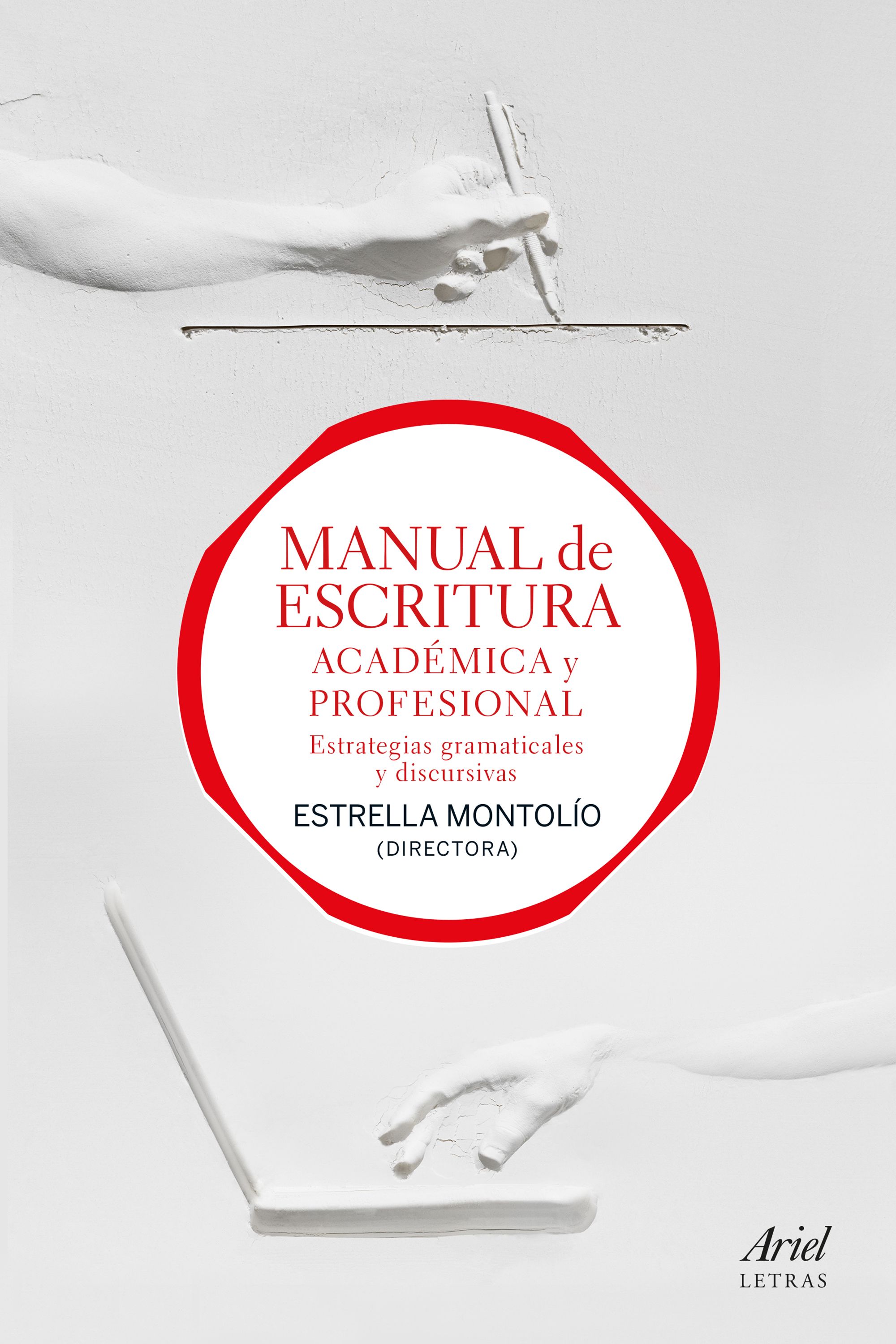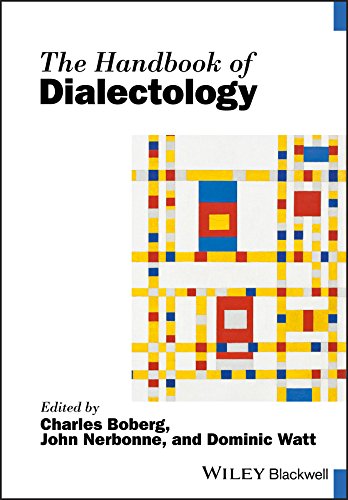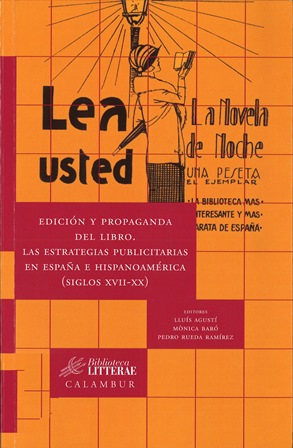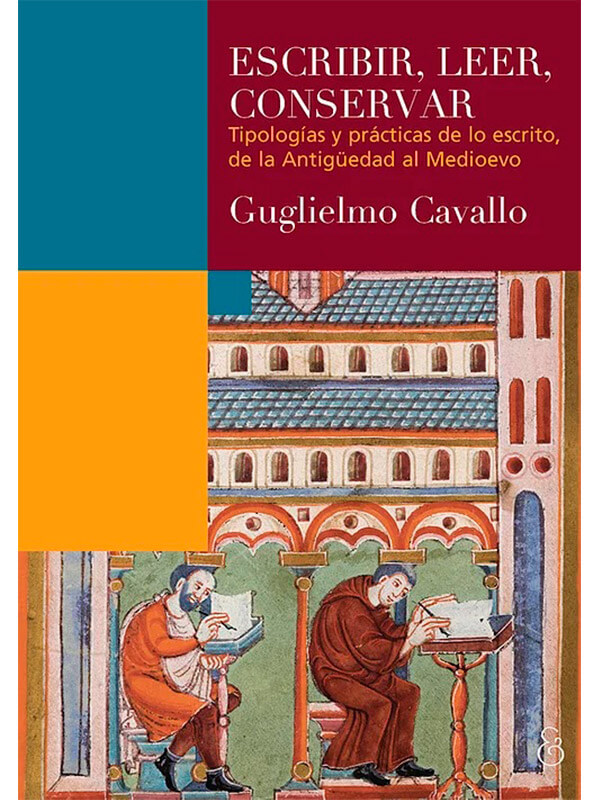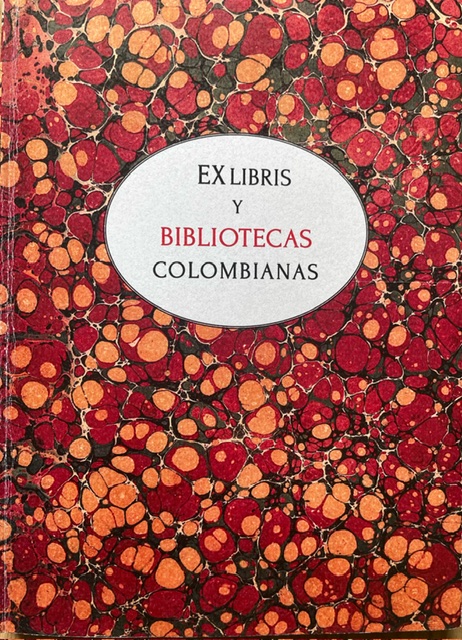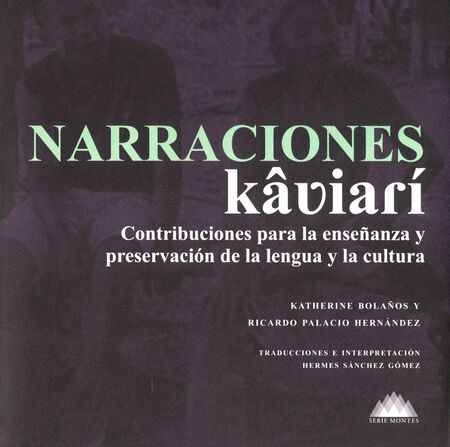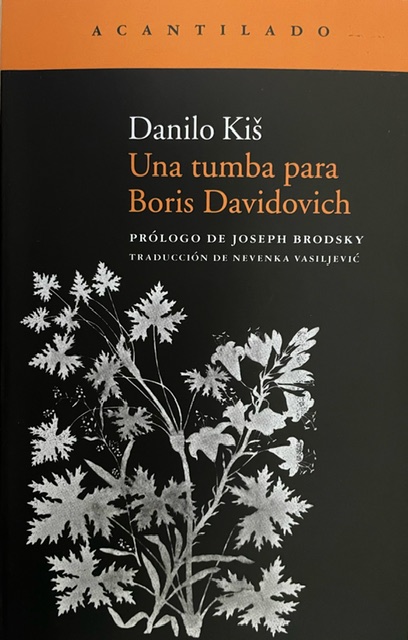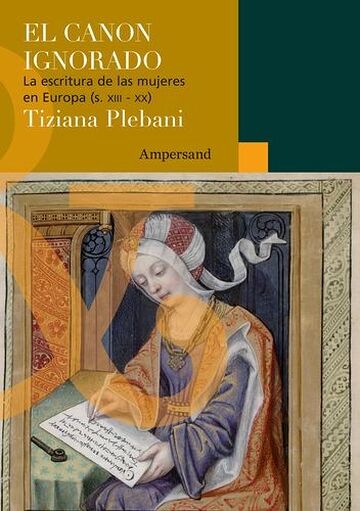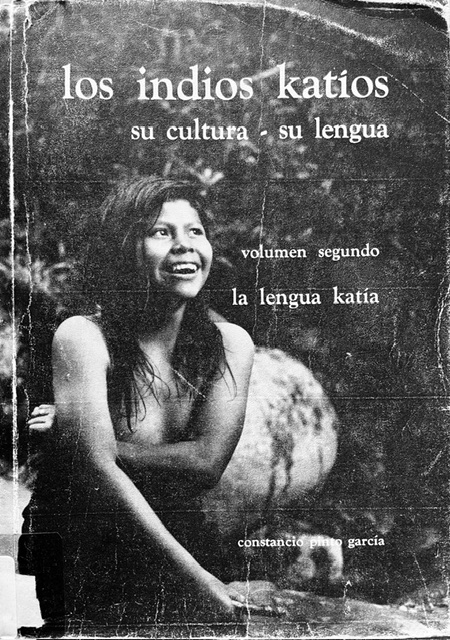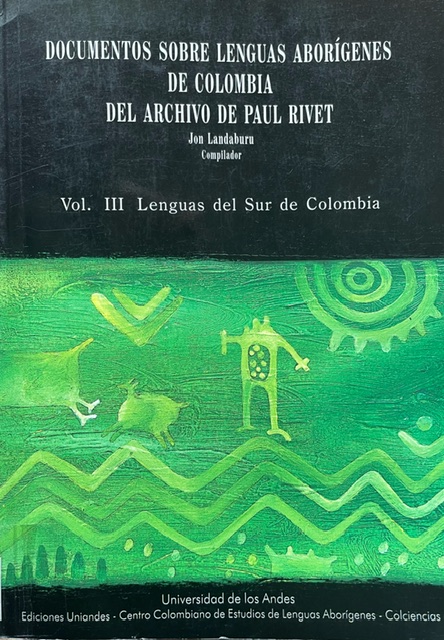Handbook of heritage, community, and native American languages in the United States : in the Unites States : research, policy, and educational practice edited by Terrence G. Wiley ...[et al.]
Tipo de material: TextoIdioma hablado: Inglés Detalles de publicación: New York Center for applied linguistics 2014Descripción: xiii, 404 páginas 26 cmISBN:
TextoIdioma hablado: Inglés Detalles de publicación: New York Center for applied linguistics 2014Descripción: xiii, 404 páginas 26 cmISBN: - 9780415520669 (hbk)
- 9780415520676 (pbk)
- R 497 H236 23
| Tipo de ítem | Biblioteca actual | Colección | Signatura topográfica | Copia número | Estado | Notas | Fecha de vencimiento | Código de barras | |
|---|---|---|---|---|---|---|---|---|---|
| Referencia | Sede Yerbabuena | Colección Referencia | R 497 H236 | ej. 1 | No para préstamo | tmt10 | 500074676 |
Incluye referencias bibliográficas e índice
Section I: Foundations of Heritage, Community, and Native American Language Education. -- Introduction / Terrence G. Wiley, Joy Kreeft Peyton, Donna Christian, Sarah Catherine K. Moore, and Na Liu. -- Demographic Realities, Challenges, and Opportunities / Molly Fee, Nancy C. Rhodes, and Terrence G. Wiley. -- The Problem of Defining Heritage and Community Languages and Their Speakers: On the Utility and Limitations of Definitional Constructs / Terrence G. Wiley. -- Heritage Language Students: Profiles and Possibilities / Guadalupe Valdés. -- Three Hundred-Plus Years of Heritage Language Education in the United States / Joshua A. Fishman. -- Policy Considerations for Promoting Heritage, Community, and Native American Languages / Terrence G. Wiley. -- Documenting Language Loss and Endangerment: Research Tools and Approaches / Joseph Lo Bianco. -- Professional Opportunities for Heritage Language Speakers / María Carreira. -- Research on Heritage Language Issues / Nelleke Van Deusen-Scholl. -- Section II: Commonly Taught Languages. -- Introduction / Ofelia García. -- Spanish in the United States / Kim Potowski. -- French Heritage Language Communities in the United States / Jane F. Ross and Fabrice Jaumont. -- German as a Heritage Language in the United States / Renate Ludanyi. -- Italian and Italians in the United States / Anna De Fina. -- Portuguese Heritage Bilingualism in the United States / Jason Rothman and Tiffany Judy. -- Section III: Critical and Less Commonly Taught Languages. -- Introduction / Scott McGinnis. -- Arabic in the United States / Jeff Bale. -- Being “Critical:” Implications for Chinese Heritage Language Schools / Shuhan C. Wang. -- The Journey of Hindi in the United States / Surendra and Vijay Gambhir. -- Russian Heritage Language Learners: From Students’ Profiles to Project-Based Curriculum / Olga Kagan. -- Section IV: Native American Languages. -- Introduction / Teresa L. McCarty. -- Navajo / Larisa Warhol and Jeston Morris. -- Pueblo Languages of the Southwest / Christine Sims. -- Oowaaha Myaamiaataweenki: Miami is Spoken Here / Daryl Baldwin. -- Hawaiian: A Native American Language Official for a State / William H. Wilson. -- Warm Springs Languages / Valerie Switzler and Erin Flynn Haynes. -- Section V: Languages with Strong Community Connections. -- Introduction / Sarah J. Shin. -- Japanese in the United States / Kimi Kondo-Brown. -- Community Support for Korean as a Heritage Language in the United States / Jin Sook Lee. -- Yiddish: A Jewish Language in the Diaspora / Netta Avineri. -- American Sign Language as a Heritage Language / Sarah E. Compton. -- Khmer / Wayne E. Wright. -- Filipino in the United States: Heritage Language Perspectives / Joseph Axel. -- Section VI: Promotion of Heritage, Community, and Native American Languages. -- Introduction / Wayne E. Wright. -- Digital Stories in Heritage Language Education: Empowering Heritage Language Learners Through a Pedagogy of Multiliteracies / Polina Vinogradova. -- Heritage Language Development and Identity Construction Throughout the Life Cycle / Agnes Weiyun He. -- Stakeholder Views of Community-based Heritage Language Programs: Chinese and Korean Cases / Na Liu and Byeong-Keun You. -- Program Models for Heritage Language Education / Sarah Catherine K. Moore. -- Assessment of Heritage Language Learners: Issues and Directions / Margaret E. Malone, Joy Kreeft Peyton, and Katie Kim. -- Preparing Teachers to Work With Heritage Language Learners / Ana María Schwartz Caballero. -- Funding for Heritage Language Programs / Sarah Catherine K. Moore. -- Afterword. -- Heritage, Community, and Native American Language Education: Looking to the Future / Joy Kreeft Peyton and Donna Christian.
"This state-of-the-art Handbook provides an overview of major issues related to acquisition, use, retention, loss, and revitalization of heritage languages spoken in the United States. Contributions on language use, programs and instruction, and policy focus on issues that are applicable to many heritage language contexts. Based on the work of noted authorities, and on current knowledge and research, the volume surveys of the field of heritage languages in the United States, drawing from a variety of perspectives. Offering a foundational standpoint for serious students of heritage and community languages as they are learned in the classroom, transmitted in families, and used in communities, this timely, comprehensive Handbook provides background on the history and current status of many languages in the linguistic mosaic of U.S. society and stresses the importance of drawing on these languages as societal, community, and individual resources, while noting their strategic importance within the context of globalization. "--




